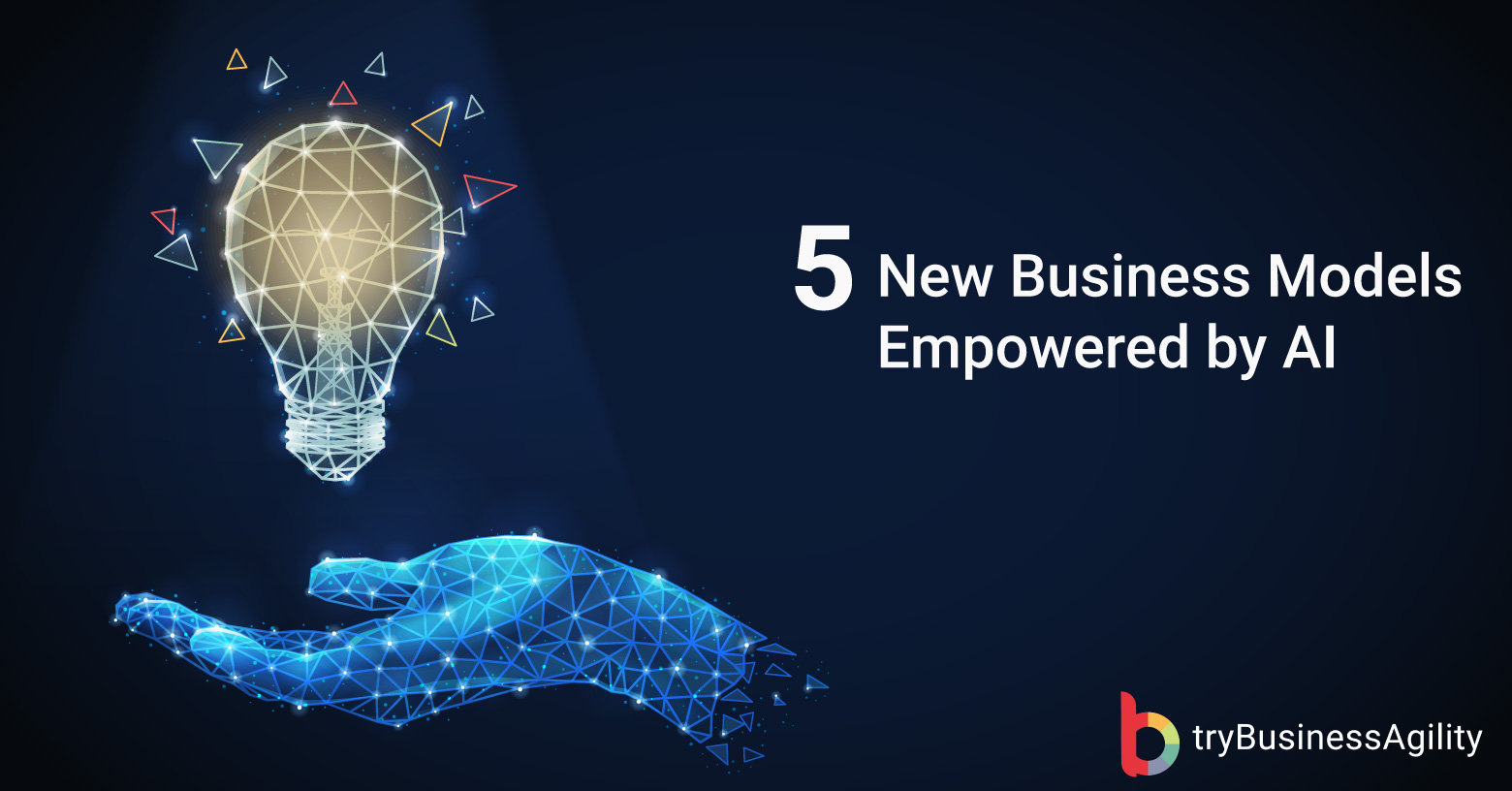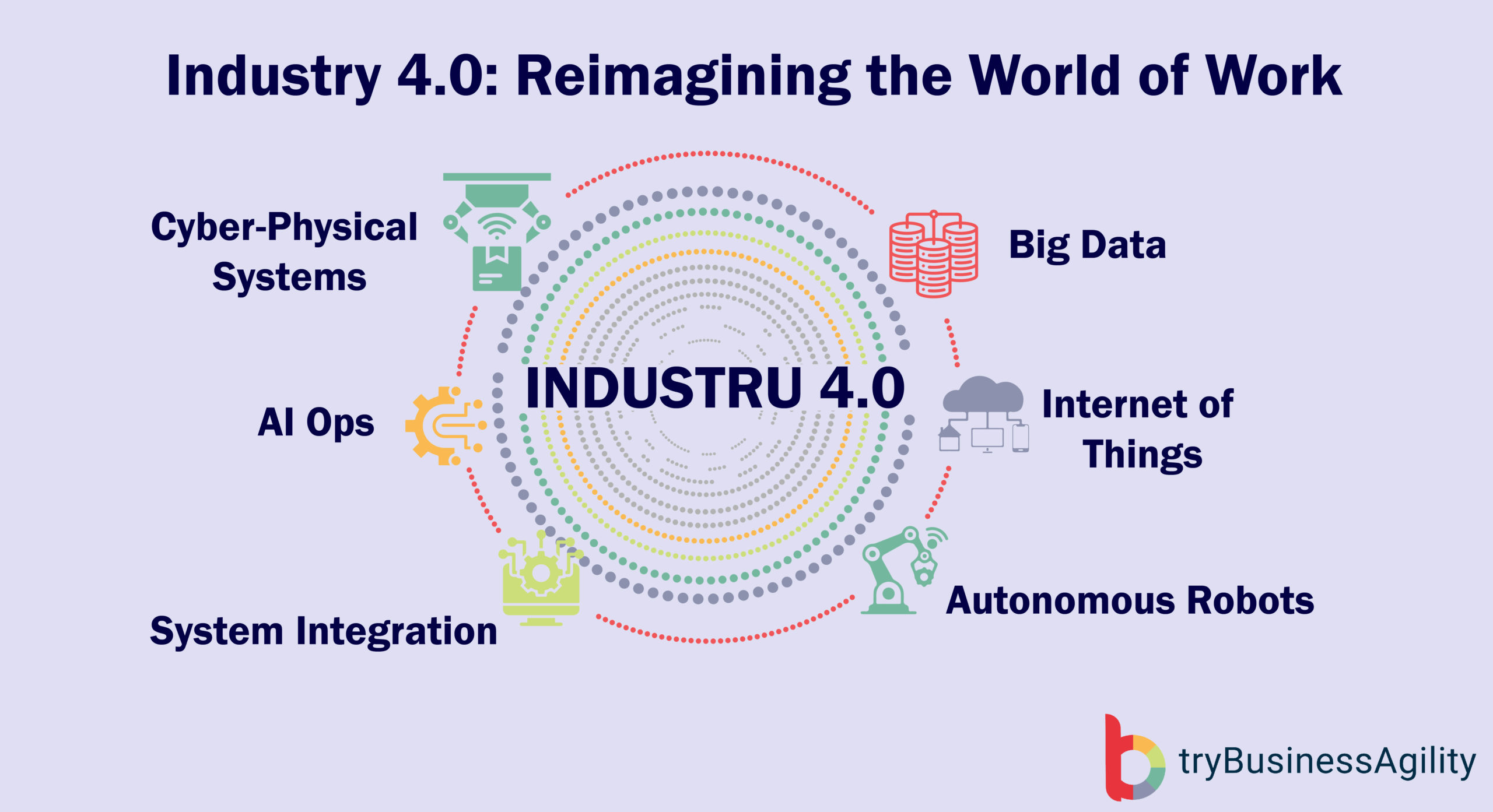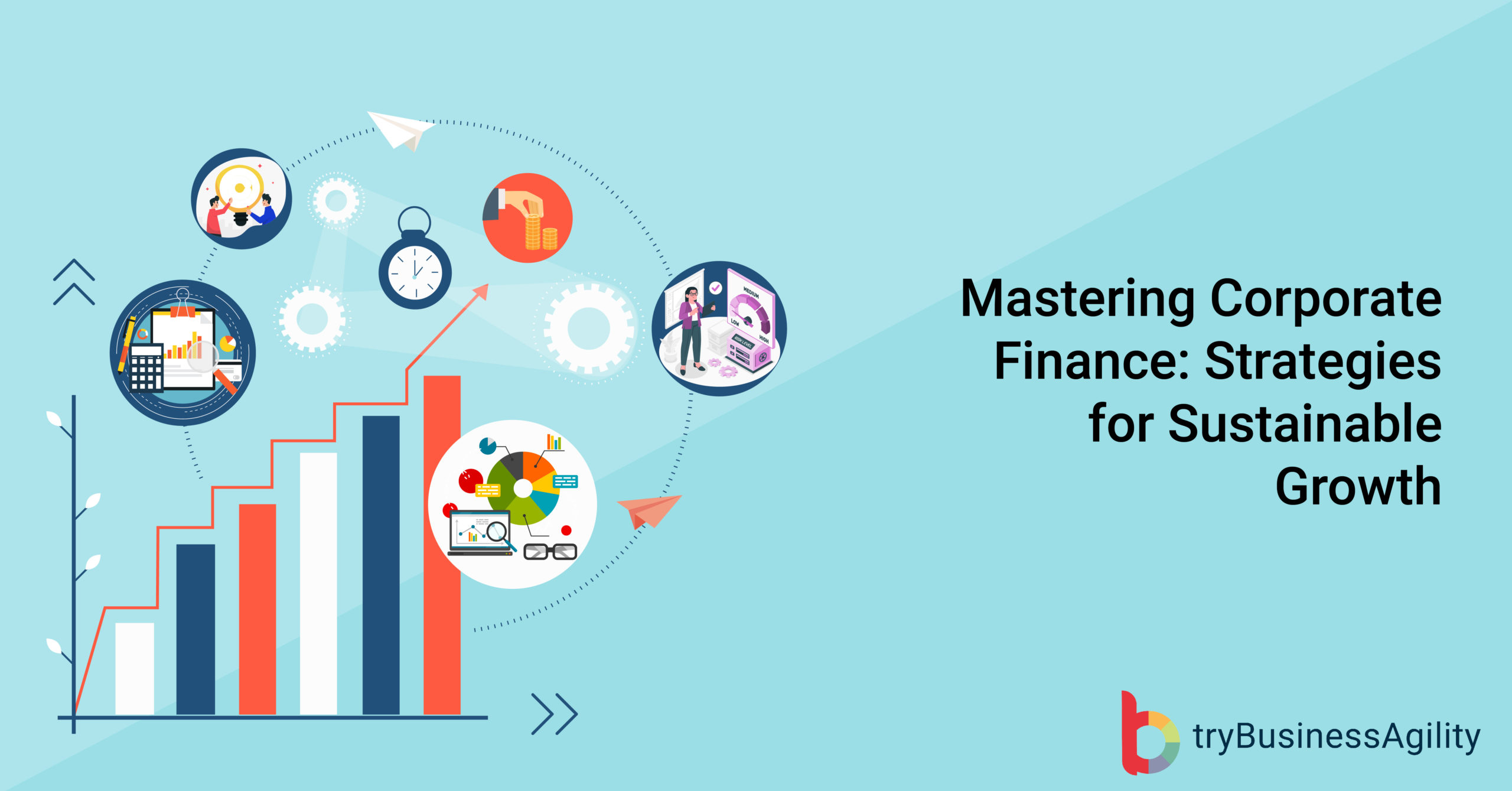Artificial intelligence (AI) is revolutionising the product management industry, changing how products are designed, developed, and marketed. AI has the potential to provide new insights and create more personalised and intuitive products. In this blog, we’ll explore the impact of AI on product management and how companies successfully use AI to enhance their products.
Personalization and Recommendation Systems
AI on product management can create personalised customer experiences. For example, companies like Amazon and Netflix use AI algorithms to analyse customer data and provide personalised recommendations. This enhances the customer experience and drives sales. For example, Amazon’s recommendation system examines customer purchase history and search queries to suggest products that customers may be interested in purchasing. This helps Amazon increase sales and improve customer satisfaction.
Improved Decision Making
Another impact of AI on product management is improved decision-making. AI algorithms can analyse vast amounts of data and provide insights that would be difficult or impossible for humans to identify. This can help product managers decide which features to prioritise, which markets to target, and how to optimise pricing and distribution strategies. For example, IBM Watson analyses customer behaviour and market trends to help product managers make data-driven decisions about product development and marketing strategies.
Reduced Costs and Time-to-Market
AI can also help product managers reduce costs and time-to-market. AI-powered tools can automate repetitive tasks, such as data entry and analysis, freeing product managers to focus on higher-level strategic work. Additionally, AI algorithms can analyse market trends and consumer behaviour to identify opportunities for new products or features, allowing companies to stay ahead of the competition. For example, Google’s AI-powered AutoML platform helps product managers automate building machine learning models, reducing the time and cost required to develop new products.
AI-Powered Tools are Revolutionizing Product Management
Many companies are using AI to enhance products. For example, Adobe’s Sensei AI platform uses machine learning algorithms to help designers automate repetitive tasks and identify new design opportunities. Google’s Smart Reply feature analyses email content and suggests short, personalised responses. H&M uses AI algorithms to analyse customer data and create personalised product recommendations.
Another example, IBM Watson, is used by ZestFinance to analyse customer credit data and identify risk factors that traditional credit scoring models may miss. This allows ZestFinance to offer loans to customers who traditional lenders may have previously denied. Watson’s ability to analyse vast amounts of data and identify patterns makes it a powerful tool for identifying new market opportunities and developing innovative products.
Another way in which IBM Watson is used in product management is through its natural language processing capabilities. Watson can analyse and understand human language, allowing it to interpret customer feedback and identify areas for improvement. This can help product managers prioritise product features and enhancements based on customer needs and preferences.
Research and Evidence
Research also supports the impact of AI on product management. According to a report by Forrester Research, AI has the potential to improve product management processes and outcomes significantly. For example, the report found that AI can help product managers identify and prioritise customer needs, predict customer behaviour, and optimise product pricing and positioning.
Conclusion
In conclusion, the impact of AI on product management is significant and growing. Personalisation and recommendation systems, improved decision-making, and reduced costs and time-to-market are just a few of the benefits that AI can provide. Companies like Adobe, Google, and H&M are already successfully using AI to enhance their products, and research supports the potential for AI to improve product management outcomes significantly. As product managers, we must stay up-to-date with AI trends and opportunities to ensure we leverage this powerful technology to create better products and drive business success.
tryBusinessAgility, a flagship of tryScrum. Our mission is to discover, preserve and distribute knowledge and capabilities to enable the next generation of organisations to be capable and resilient.
Contact
Plot : 2, F1 - Studio, Nest Gaura, Sundaram Colony, Chennai - 600073
support@trybusinessagility.com
+91 9789490848
© 2025 Copyright trybusinessagility.com All Rights Reserved.








